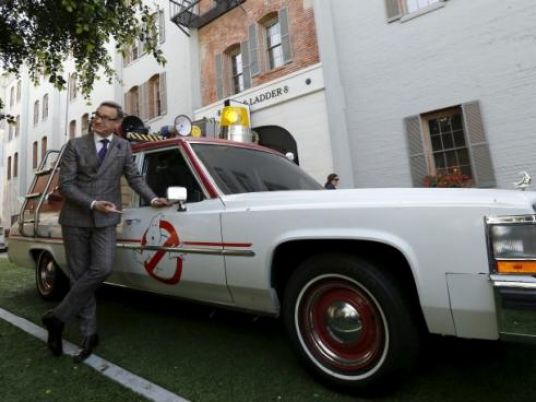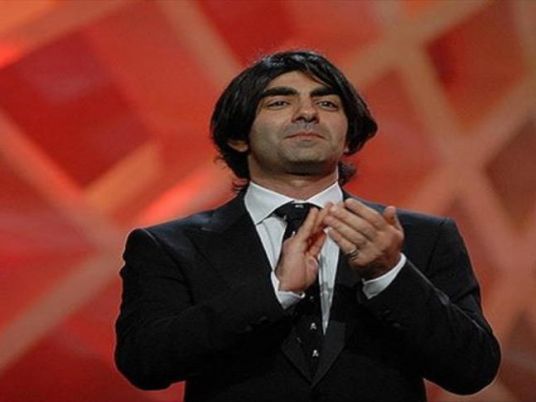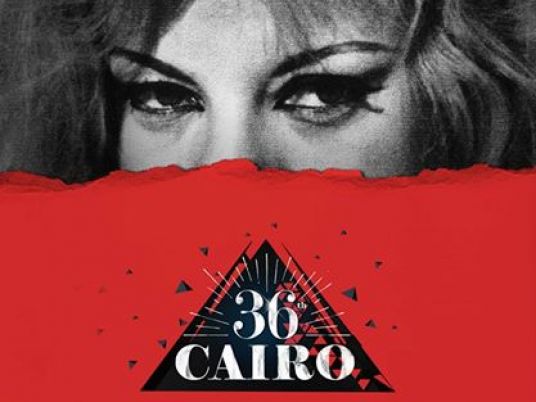On 7 December as part of the Arab Competition, the Creativity Center at the Opera House featured the Lebanese Film “Stray Bullet” by director George Hachem.
The film tells the story of a middle class Lebanese Christian family living in the late seventies at the onset of the country’s civil war. Noha (Nadine Labaky) is a young woman getting married to John. It is an arranged marriage, and Noha is not convinced that she wants to be John’s wife. Noha still has feelings for her first love, Joseph (Rodrigue Solieman).
During a rendezvous with Joseph to say goodbye, Noha accidentally witnesses a kidnapping and a killing by her future sister-in-law, a Lebanese activist. But this is only the beginning of Noha's misfortune. The night that Noha decides to break off her engagement is also the night her mother dies by a stray bullet. The young and beautiful woman ends in an insane asylum, where she meets Soeur Nawal, her now-sole companion. The rest of her family immigrates to Cyprus to escape the war.
No one can dispute that Labaky is a fairly good actress; evidence of this can be found in 2007’s “Caramel.” In “Stray Bullet” she is able to depict the oppression of an Arab woman in that era. Noha's entire life is planned by her controlling brother, Assaf, the male figure in the family.
Hachem mixes politics with social drama. He also compares the film’s three women. There is, in addition to free-spirited Noha, Noha’s elder sister Layla, an old spinster full of hate and envy, and Collette, the heartless activist that kills in cold blood.
The film’s music is brilliant, depicting the sadness and despair that reigned during the civil war. The cinematography was likewise very good; in one effective seen a comparison is drawn between the beginning of the war and the strong fiery sun on a hot summer day. The Director of Photography also does an amazing job mixing artificial and natural light in most of the scenes, giving his images a soft feel.
“Stray Bullet” seems to be part of a Lebanese trend which features the Lebanese Civil War, still so present in the souls of Lebanese people.
Overall, the movie is good, although a bit slow toward the end. The use of unknown and inexperienced actors (aside from Labaky) may have been awkward for the audience but gave the movie some credibility.



